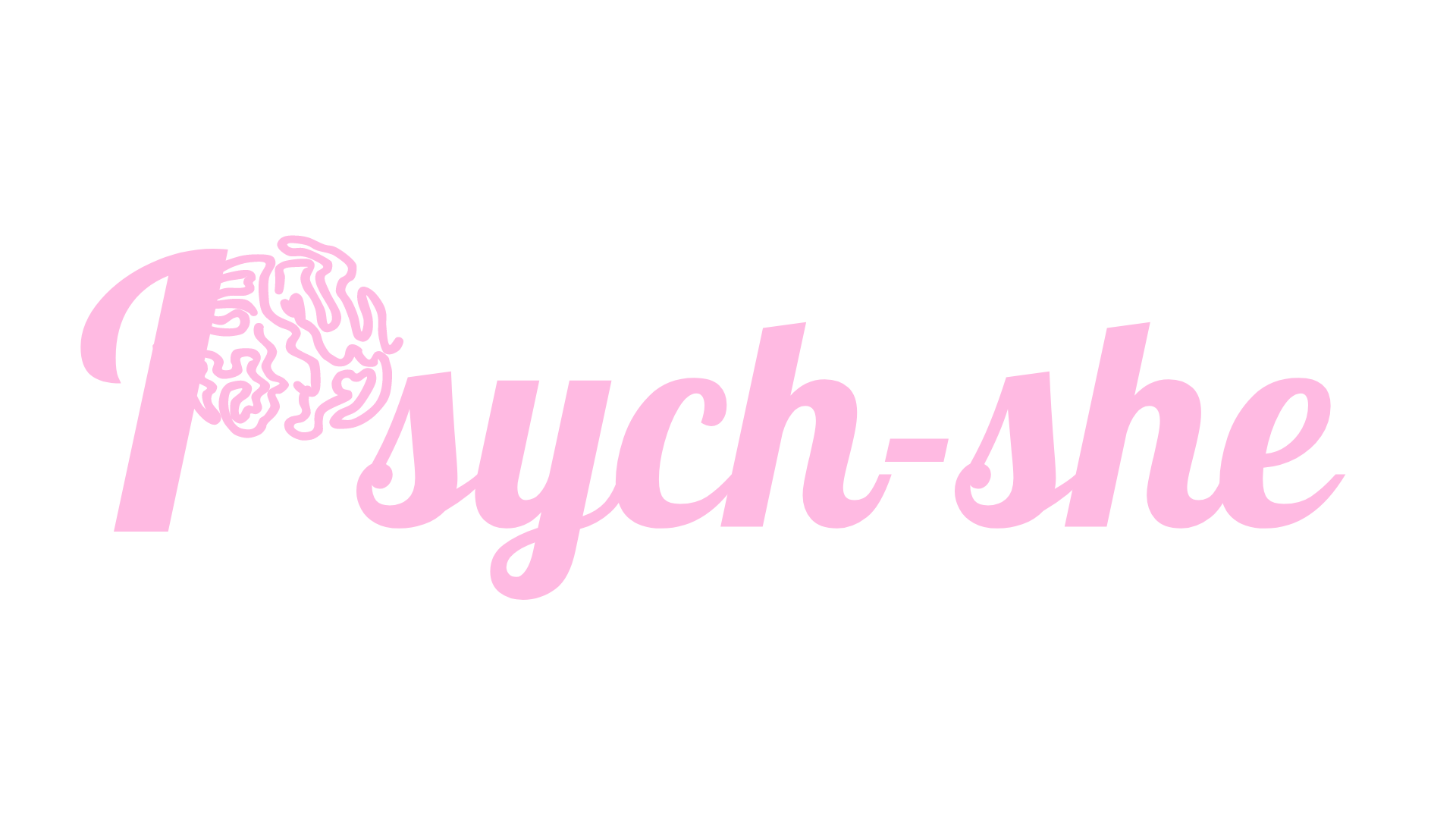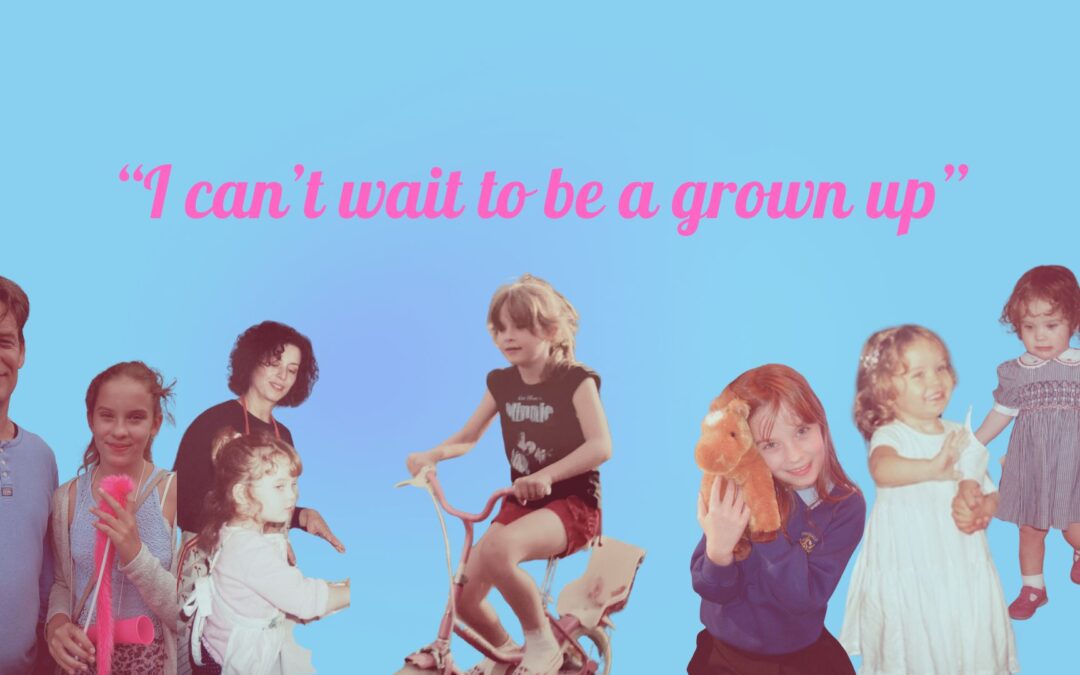If you are an emotional wreck with a bloated stomach and a headache, does the worry of being
pregnant cross your mind? We explore the stigma around pregnancy in your twenties and why we
are so anxious about the possibility.
For a lot of young women, the idea of accidentally falling pregnant is terrifying. Whether you
religiously use contraception or are a bit riskier with your approach, there is always a chance of
unexpectedly planting the seed.
Hearing “Babe I know someone who got pregnant from just doing bits” or “My friend did the pull-
out method once and now has a baby” can be anxiety inducing. Since everybody only talks about the
horror stories, it seems like a highly probable situation and creates anxiety about the slightest of
symptoms.
But even if your boobs are hurting, you feel nauseous or every inconvenience is setting off your
emotions, there is no need to immediately jump on the pregnancy bandwagon. Although it can be a
possibility, in many cases the chances are low, and riddling yourself with anxiety is unnecessary.
Just like Daphne from Bridgerton, who believed one time of holding the Duke of Hastings inside
would bring her a child, we can all be a bit delusional about how easy conception is. According to the
UK baby care brand, Huggies, the chance of getting pregnant straight away is actually pretty low.
“For a healthy, fertile couple under the age of 35, the chance of getting pregnant is estimated at
around 25% per month if you have regular sex around ovulation. If you’re not actively trying to
conceive and don’t plan your intercourse, your chances drop to as little as 11%.”
I am in no way encouraging reckless behaviour but it is clear that as long as we use some form of
contraception, our chances will remain unlikely. Condoms, artificial hormones and IUDs are all
designed to prevent mini humans, and even the occasional slip up probably isn’t the end of the
world according to the statistics above.
So, why are we so anxious about the idea of getting pregnant? Psychologist Sophie Cress, who works
at SexualAlpha, explained that pregnancy is stigmatized in your twenties due to the likelihood of not
reaching educational, professional or financial goals.
“There are a lot of prejudices and stereotypes about young parents lacking maturity and skills, as
well as sabotaging their own lives. Having a child before the usual tradition of your family or friends
can also lead to rejection and social exclusion, which can be a scary concept.”
Cress explained that there is always a chance of getting pregnant, no matter how small, which can
make women feel vulnerable and confused when having sex. She stated that myths and
misconceptions about contraception, alongside anxiety, can intensify these feelings. But there are
many other culprits for those pesky symptoms.

“Stress is known to have a significant impact on the body and it can mimic pregnancy symptoms. It
triggers the release of our hormones, cortisol and adrenaline, which can affect the menstrual cycle
and lead to changes in appetite, fatigue, nausea and even missed periods.
“Thyroid issues, hormonal imbalances and polycystic ovarian syndrome (PCOS) can also all interfere
with how we feel. These can cause bloating, mood swings and breast pain, which is also similar to
the side effects of taking the pill.”
Zara, who is a 22-year-old student from Leicester, has struggled with severe anxiety around the
possibility of getting pregnant for as long as she can remember. “I took a pregnancy test when I was
17 and hadn’t even lost my virginity yet. I’ve always been so terrified about it. I even remember in
primary school my stomach was a bit round, and I was convinced I was having a baby.
“It sounds ridiculous now but at the time it was so real. For me the main worry is what my family
would say and how it would impact my mental health. Seeing horror stories on social media has
definitely spurred my anxiety on in recent years too. I’ve seen multiple people saying they didn’t
even know they were even pregnant until in labour.”
Zara was diagnosed with PCOS when she was 18, therefore often struggles with regulating her
hormones and tracking her cycle. “I never know when I’m fertile, which makes everything even more
stressful. I can not have a period for several months too so there’s never that usual sign that I’m not
pregnant.
“I have tried going on hormonal contraception, but I react really badly to it, so I have to rely on
condoms which obviously aren’t the most effective. It has definitely made me reserved about having
sex but I know I am making it into a bigger problem by constantly worrying. I will probably get the
copper IUD in the future.”
It is clear this can become an all-consuming worry for many and create a difficult relationship with
sex. To reduce anxiety, Cress recommends getting clued up on reliable contraception by speaking to
a health care professional. She says using this regularly, alongside extra protection during periods of
increased fertility, can help calm worry if you are very anxious. Cress also explained that having an
honest conversation with your partner, adopting mindfulness and speaking with friends, family or a
mental health expert can offer reassurance and support.
Although it is extremely important to practice safe sex, it should be an enjoyable experience for both
you and your partner. Let’s not let anxiety and obsessive thoughts about falling pregnant ruin this
experience. Experts have worked on contraception for many years and as long as you are following
the guidelines, you are in safe hands.
Expert insight: Sophie Cress
Sophie is a mental health and relationship expert who has worked with a range of UK publications.




